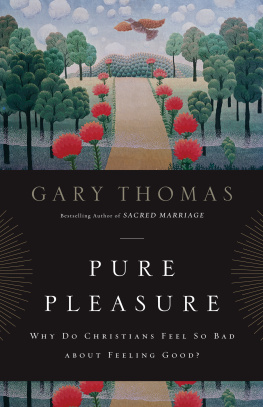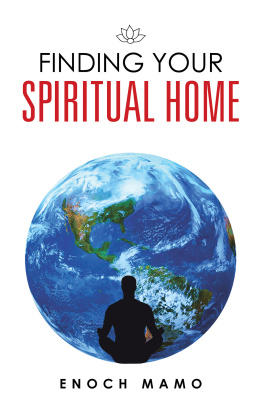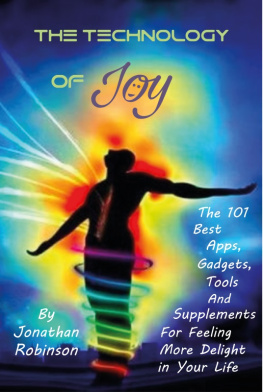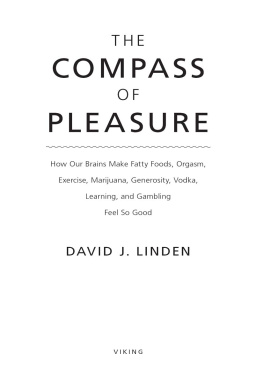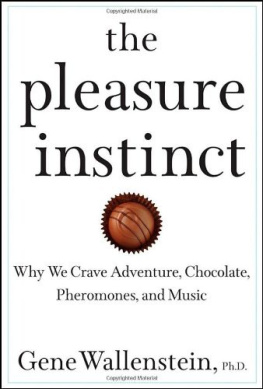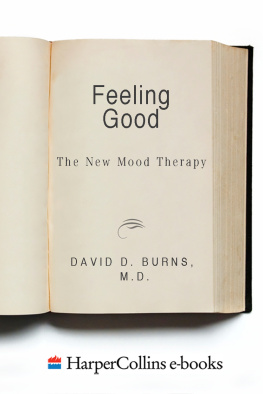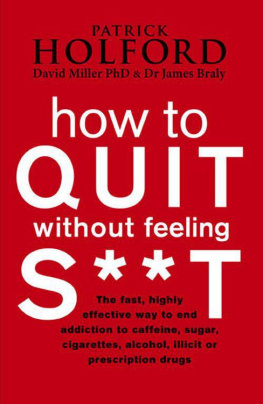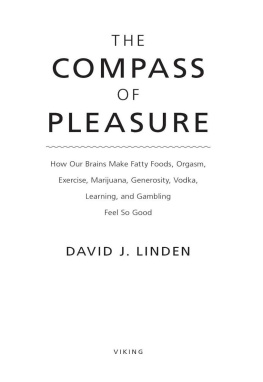

Hazelden Publishing
Center City, Minnesota 55012
hazelden.org/bookstore
2015 by Jodie Gould
All rights reserved. Published 2015.
No part of this publication, either print or electronic, may be reproduced in any form or by any means without the express written permission of the publisher.
Failure to comply with these terms may expose you to legal action and damages for copyright infringement.
The names, details, and circumstances may have been changed to protect the privacy of those mentioned in this publication.
Cover design: Theresa Jaeger Gedig
Page design: Ann Delgehausen, Trio Bookworks
ISBN: 978-1-61649-575-6
About Hazelden Publishing
As part of the Hazelden Betty Ford Foundation, Hazelden Publishing offers both cutting-edge educational resources and inspirational books. Our print and digital works help guide individuals in treatment and recovery, and their loved ones. Professionals who work to prevent and treat addiction also turn to Hazelden Publishing for evidence-based curricula, digital content solutions, and videos for use in schools, treatment programs, correctional programs, and electronic health records systems. We also offer training for implementation of our curricula. Through published and digital works, Hazelden Publishing extends the reach of healing and hope to individuals, families, and communities affected by addiction and related issues.
For more information about Hazelden publications, please call 800-328-9000 or visit us online at hazelden.org/bookstore.
To my daughter, Samantha,
who makes me feel high every single day!
Contents
To Linda Konner, for being the best agent and friend a person can have. To my editor, Sid Farrar, for coming up with the concept of this book and for allowing me to run with it, and for his keen editorial skills and guidance. And to everyone on the Hazelden team (marketing, publicity, sales, production, and support staff): I was you in a past life; I know how hard you work to get books like this one into the right hands.
Hope is the seed of faith
Faith is the seed of drive
Drive is the seed of seek
Seek is the seed of knowledge
Knowledge is the seed of awareness
Awareness is the seed of power
Power is the seed of choice
Choice is the seed of abundance
Abundance is the seed of dream
Dream is the seed of happiness
Happiness is the seed of pleasure
Pleasure is the seed of desire
Desire is the seed of destiny
Adapted from Seeds of Destiny
As I write this, the world, especially New York City, where I live, is still reeling from the death by heroin overdose of actor Philip Seymour Hoffman and the suicide of comedian and actor Robin Williams, which occurred within months of each other. Hoffman had fallen off the wagon after two decades of sobriety and was found dead in his Greenwich Village apartment with the needle still in his armpackets of snowy white powder within reach. Williams had recently gone to a treatment facility for a recharge and appeared to be sober and stable when his body, with a belt around his neck, was found by his personal assistant. Sadly, Hoffman and Williams are just two of the far too many gifted artists whose lives have been devastated by alcohol and other drugsnot to mention the tens of thousands of regular folks who succumb to the siren call of addiction every year. But this book is not about people like Hoffman and Williamsaddicts who use in spite of the dangers to their health and the collateral damage to family and friends. High is primarily for and about people who might have experimented with drugs in the past (like me) and people who are doing so now (perhaps you or someone you know). It is for those, like me, who enjoy a glass or two of wine with dinner or with friends; those who might like a puff of pot to relax or to flex their creative muscles; and those who pop the occasional prescription anti-anxiety pill to help take the edge off an uncomfortable situationnone of which necessarily makes them candidates for intervention.
This book is about the healthier choices that we can make to achieve the same results were usually seeking when we turn to drugs and alcohol in the first place: to relax, have fun, relieve pain, and de-stress. Yes, I drink wine with dinner, but I also practice yoga regularly; meditate (okay, not as often as I should, but I try); spin (indoor cycle) three days a week; take breaks from endless hours staring at this blasted computer screen to walk in the park or around my neighborhood; dance with abandon with my teenage daughter to some ear-wormy pop music in the privacy of our living room so not to mortify her; regularly stay in touch with or visit my family; and make lunch or dinner dates with friends. Although my clubbing days are overand yes, they were funI can honestly say that as a middle-aged mom, I am far healthier than I was when I was a cigarette-smoking, bar-hopping youth. While my cares have increased through the years (financial concerns, failing health of friends and family members, worries about the safety, education and well-being of my child), Ive found better ways to cope with lifes inevitable pain and anxiety.
It is important to acknowledge that our never-ending quest for pleasure and escape is an indelible part of our nature. Our walks on the wild side do not have to cause us shame or self-loathing. In fact, as you will learn, this natural craving is something that we share with our fellow creatures, including cats, dogs, birds, horses, elephants, and dolphins. But what we also share with many animals is the pleasure we get from food, family, play, and companionship. Elephants, for example, live in tight-knit units. They have been observed exhibiting emotions like joy, compassion, and grief, and they even appear to get pleasure from listening to music and from painting.
You will see how the need to pursue an altered state of consciousness is also deeply rooted in human history, dating back millions of years, from prehistoric times when cave dwellers first discovered fermented drinks, to the meth labs and painkiller pill mills of today. By taking a look at our biological, psychological, and historical desire to get high, we might better understand that these desires are yet another drive, much like hunger, thirst, or sex.
Clearly, our getting high is not necessary for our survival and, in the case of addiction, can actually threaten it, but it is a natural urge nonetheless. And like other drives, the desire for intoxication has no social or economic boundaries, coursing as liberally through slums and trailer parks as through suburbs and gated communities, as well as the halls of government, business, and higher education. In fact, some our greatest minds, including philosophers, writers, artists, and innovators, have been active users of drugs and alcohol. They include Sigmund Freud, who was a compulsive cigar smoker and had a taste for cocaine; the poet John Keats, whose musings were said to be influenced by opium; and Michel Foucault, the French social theorist who wrote about a spectacular acid trip in Death Valley, California, which he described as the greatest experience of his life.
Next page

